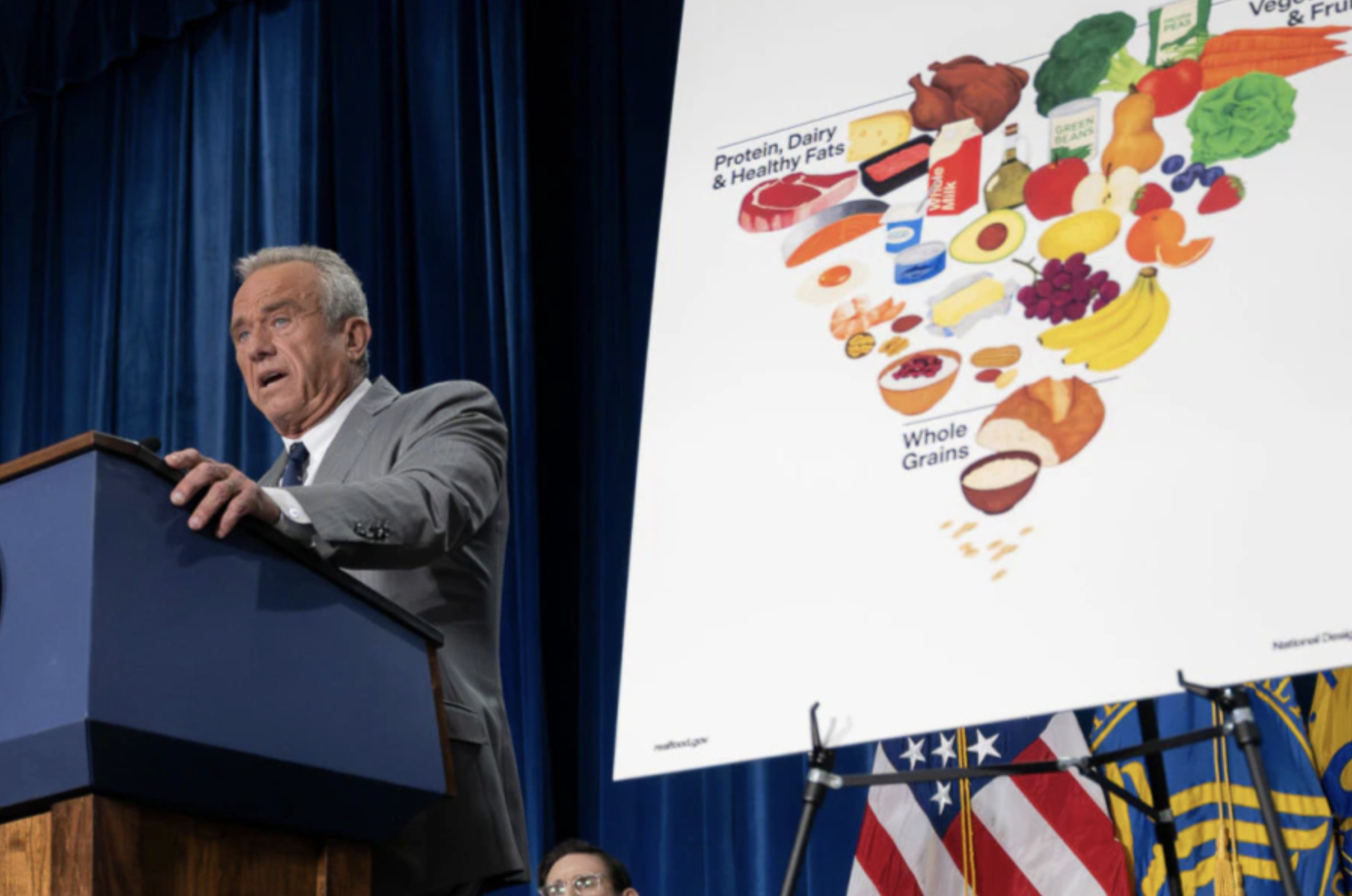Today's Headlines and Commentary
The world still is still watching Ukraine. The New York Times reports that President Putin stood by his recent actions in the Crimean Peninsula. Russia's President made his first public appearance since ordering, and subsequently halting, the advance of Russian troops into the contested area. He presented a version of events that is “fundamentally at odds” with the views being circulated by most officials in the United States, Europe and Ukraine.
Meanwhile, according to the Washington Post, the European community is divided over how to react to the situation. Germany is reluctant to act harshly against Russia due to their strong trade ties, while Poland is looking towards comparatively more aggressive action. The Post also reports that the United States is preparing to take “unilateral steps” to sanction Russia. The Times Editorial Board suggests a “rational” response to the situation.
Politico asks a somewhat disturbing question about the States’ slow uptake and a potential Russian invasion of Crimea: “Why didn’t the U.S. know sooner?” Members of Congress worry that American intelligence was not as effective as it should have been in this instance.
Check out Brookings’ up-to-date commentary on Ukraine.
The Post takes a look at the “last casualties” of the Afghan war. The piece reminds us that, while the conflict may be nearing an end, the country is hardly a safe place for the U.S. military.
Rebels affiliated with Al-Qaeda have taken control of Yarmouk Camp, a primarily Palestinian neighborhood of Damascus. The action, reports the Telegraph, has cut off the flow of aid to tens of thousands of civilians living in the neighborhood.
The United States is shifting its attention to the growing presence of Al-Qaeda and other terrorist threats in Africa. The Times outlines the U.S. military’s quiet, but ever-growing presence and influence on the African continent.
Meanwhile, Jake Douglas of the Diplomat reminds us that we would be well served in paying attention to the rising tensions between Japan and China. Douglas argues that the current U.S. security stance in the region does not situate us well or give us enough influence should an East Asian crisis occur. The U.S., Douglas says, though attempting to appear neutral is in fact involved in an “automatic commitment” to Japan because of U.S. troop presence in the country. A more “elastic” relationship is needed in order for the U.S. to play a more serious role at the bargaining table.
There is growing tension between the CIA and the Senate Intelligence Committee. The Times reports that the CIA’s inspector general has launched an investigation into the conduct of agency employees, specifically in regards to “improperly monitoring the work of staff members of the Senate Intelligence Committee”. Agency members were allegedly looking into the work of the Senate members and their staff to monitor how much the Intelligence Committee was learning about the CIA’s detention and interrogation programs. The specifics of the investigation are unclear, but the tension illustrates the a “dispute over separation of powers and congressional oversight of spy agencies.”
The Hill reports that NSA Director Keith Alexander said yesterday at a cyber-security panel discussion that Congress needs to drastically reform a set of privacy laws that allow the government to communicate with private companies and foreign nations. Alexander was speaking specifically about the Electronic Communications Privacy Act and the Stored Communications Act---which. he argued, don’t allow the government to see, prevent and defend against cyber intrusions against Wall Street.
The Guardian also covered some of Alexander’s statements from the same event yesterday. Alexander resolutely denounced media outlets and their reporting of the Edward Snowden revelations. The outgoing NSA chief said that he does not think journalists have the ability to properly understand national security material, and that the United Kingdom was justified in arresting David Miranda, Glenn Greenwald’s partner, on terrorism charges.
Edward Snowden will be making a virtual public appearance at a popular music festival next week. The Hill reports that Snowden will engage in an a Q&A session with attendees of the South By Southwest (SXSW) festival in Austin, Texas.
A group of Vietnam veterans has filed a class-action suit against the Pentagon to upgrade the “less-than-honorable” discharges they received. Reuters explains that the veterans developed PTSD after Vietnam, and claim that their discharges were due to a lack of understanding on the Pentagon’s part of the existence of and nature of PTSD. The Yale Law School’s Veterans Legal Services Clinic has filed the suit on behalf of the veterans.
Email the Roundup Team noteworthy law and security-related articles to include, and follow us on Twitter and Facebook for additional commentary on these issues. Sign up to receive Lawfare in your inbox. Visit our Events Calendar to learn about upcoming national security events, and check out relevant job openings on our Job Board.
Clara Spera is a 3L at Harvard Law School. She previously worked as a national security research intern at the Brookings Institution. She graduated with an M.Phil from the University of Cambridge in 2014, and with a B.A. from the University of Chicago in 2012.



-security.jpg?sfvrsn=982907ba_5)

